Not even Johnny Cash’s gravelly, sneering vocal delivery could out-spook the chilling, real-life story behind the song he used to open his 1994 album, American Recordings, “Delia’s Gone”. The song is a typical murder ballad: the man loves a woman, the man feels slighted by that woman, the man violently attacks and kills said woman.
Videos by American Songwriter
Cash’s rendition is one of many that have entered the folk music canon throughout the 20th century, with other notable contributors including Bob Dylan and Pete Seeger. But no musical rendition truly captures just how horrifying and tragic Delia Green’s murder really was.
The Young Girl Of “Delia’s Gone” Fame
Murder ballads are an age-old tradition in folk music, particularly throughout Appalachia and the southern United States. Some of these melodies and storylines are centuries old, which means victims who may or may not have been the original inspiration for these songs are lost to the annals of time. But Delia Green was a notable exception. The 14-year-old murder victim died on December 25, 1900, which means her death was recent enough for song collectors like Robert Winslow Gordon to connect the tragedy to songs like “Delia” by Blind Willie McTell and “Delia’s Gone” by Blake Alphonso “Blind Blake” Higgs.
Gordon, who was working for the Library of Congress at the time, was the first to document that songs like “Delia’s Gone” were actually about Green, who was from Savannah, Georgia. Green was at her employers’ home in the Yamacraw neighborhood for a Christmas party when another local boy, 15-year-old Moses Houston, began teasing and harassing her. Houston, somewhat inebriated, began calling Green his “little wife” and insinuating the two had a sexual relationship. While some accounts did say the two teenagers were romantically involved, reports show that Green denied Houston’s claims.
According to eyewitness reports, Green eventually yelled at Houston to leave her alone, calling him a “son of a b****” in front of the entire party. Hurt and angry, Houston found a revolver nearby and quickly shot at Green. Houston shot Green in the lower abdomen, an unbelievably painful injury that did not kill her instantly. As Green writhed in pain on the ground, Houston fled the scene. Partygoers who chased after him eventually found him within a couple of blocks and turned him in to the police. The young boy, still in a rage, said he “would do it again.”
A Legacy Perpetuated by Johnny Cash, Bob Dylan, and Others
Delia Green did not survive her injuries. The 14-year-old child died in the wee hours of Christmas morning. Moses Houston’s murder trial began in the following spring, in March 1901. The defense claimed the entire incident was a horrific accident and that Houston had been play-fighting with a friend over the gun when the weapon discharged and struck Green. The jury quickly concluded Houston was guilty of murder but asked the judge for mercy due to his age. Instead of the death penalty, the teenager’s sentence was life in prison.
A tragic story about young love, jealousy, and naive violence is ripe for a folk song, so it’s unsurprising that ballads began popping up around Savannah and the surrounding area following Green’s death. Songs originally recorded by artists like Blind Blake and Blind Willie McTell experienced a resurgence in popularity around the midcentury folk revival, during which a new vanguard of artists like Bob Dylan and Pete Seeger released their own renditions of the harrowing tale.
Johnny Cash used “Delia’s Gone” as the opening track to his 1994 album, American Recordings. He said the record showed the “worst, evil side” of him, and songs like “Delia’s Gone” underlined that darkness with disturbing clarity.
Photo by Hülzer/ullstein bild via Getty Images


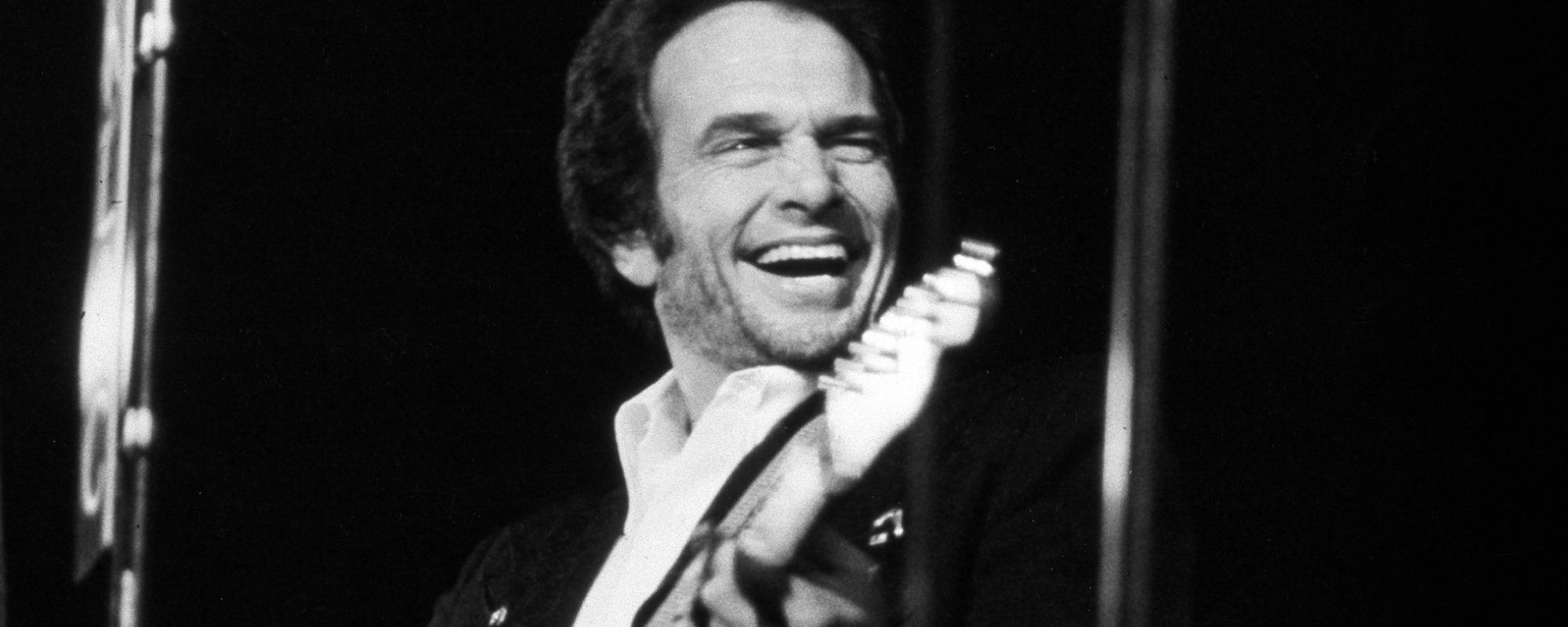
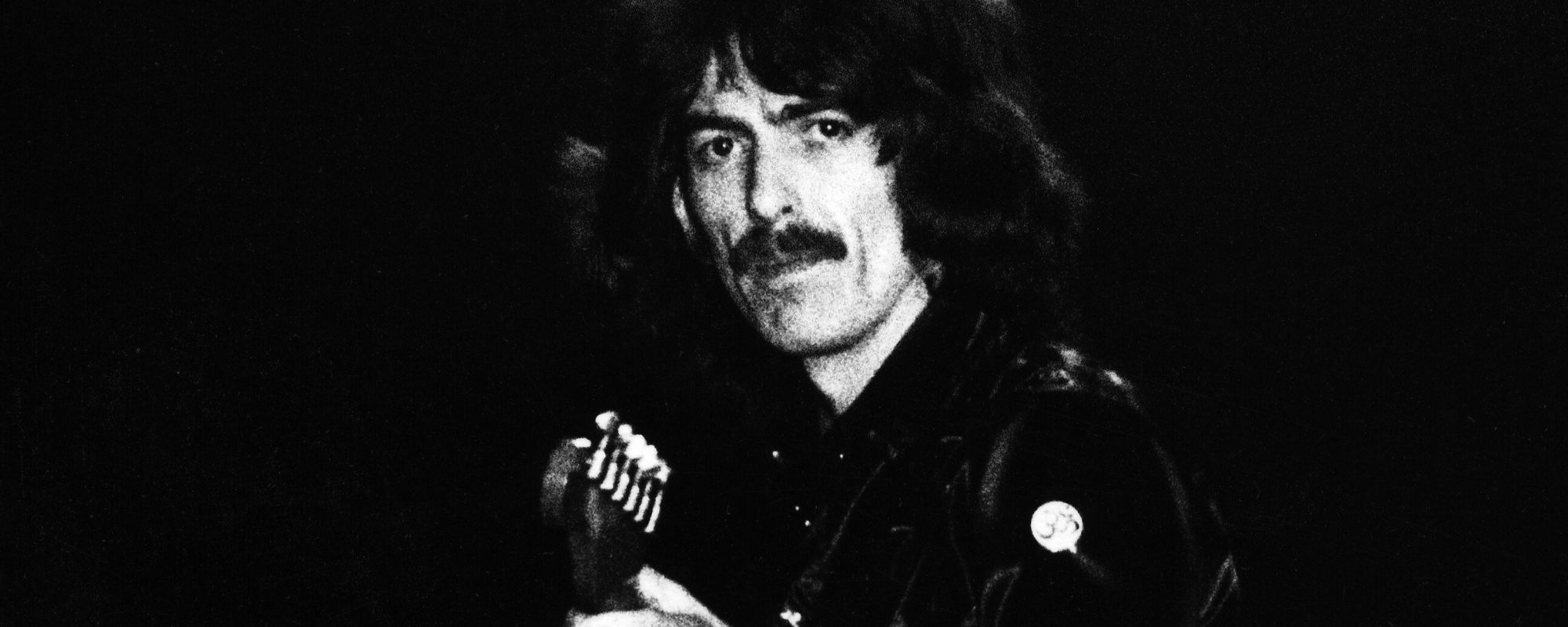




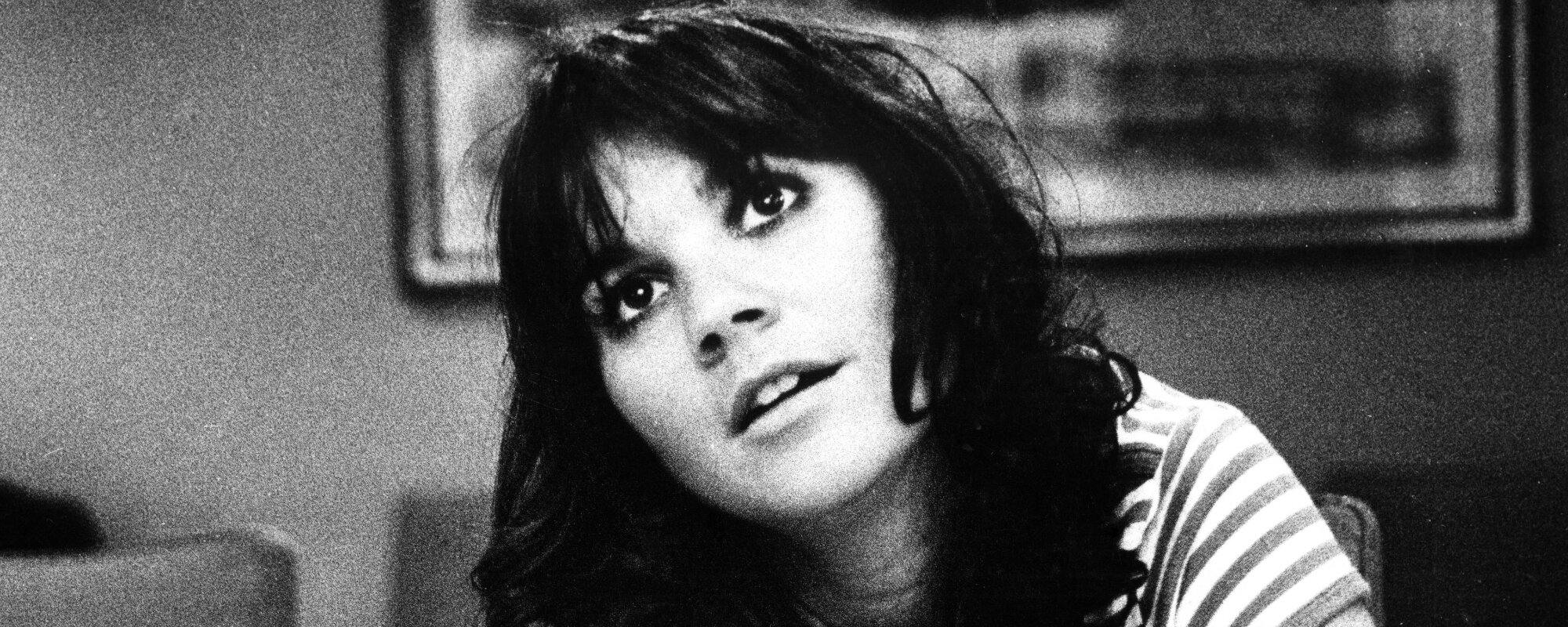
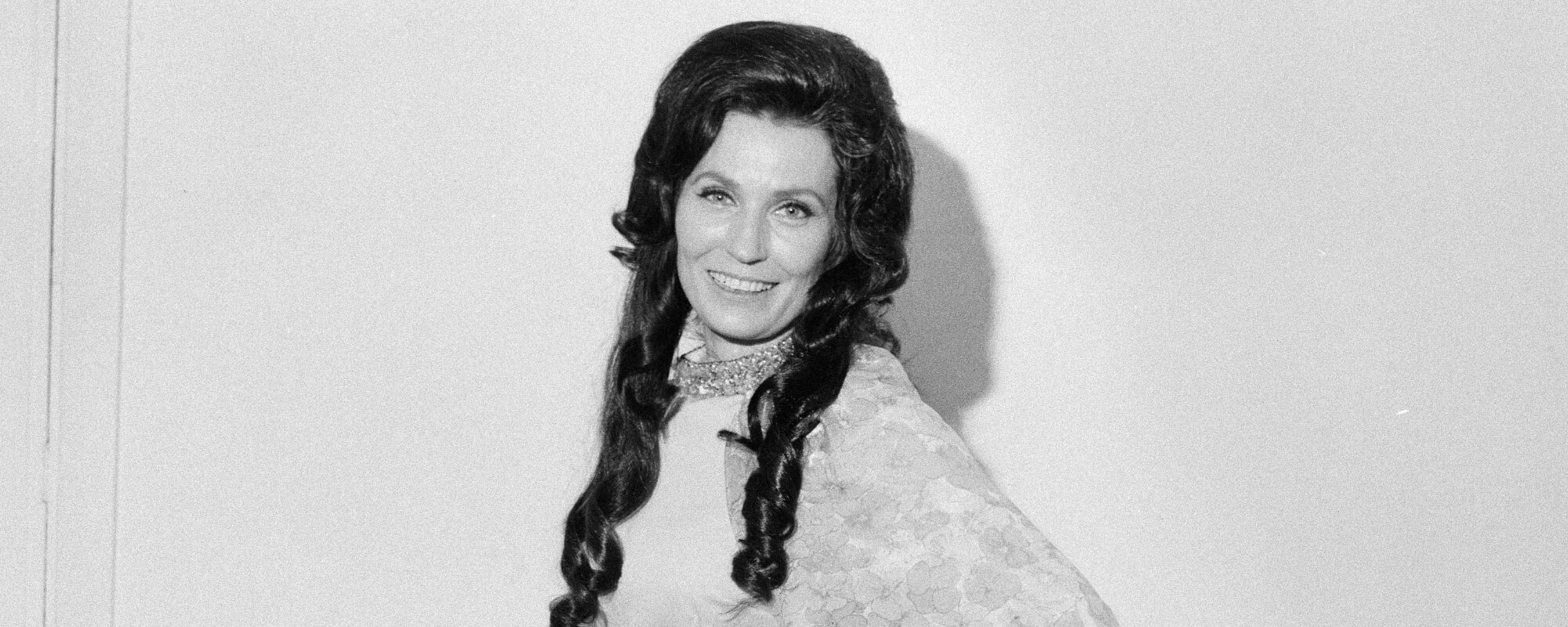
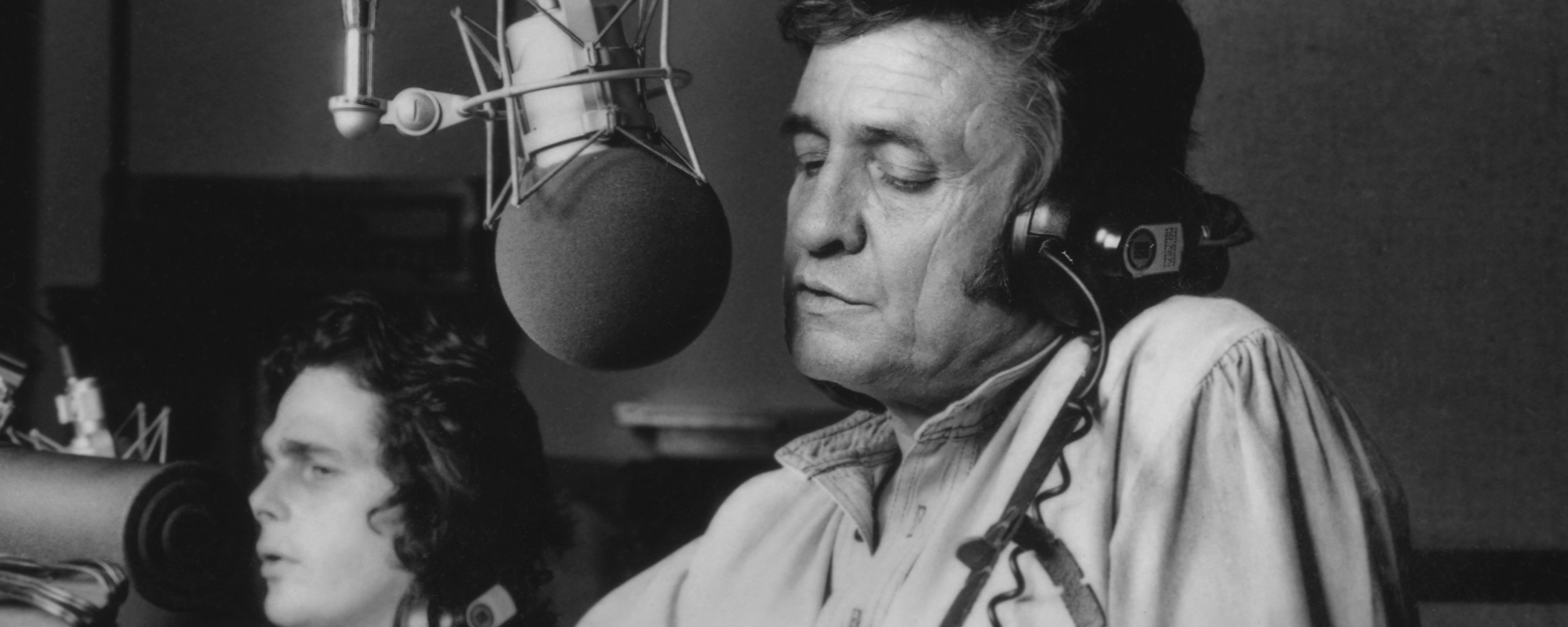

Leave a Reply
Only members can comment. Become a member. Already a member? Log in.